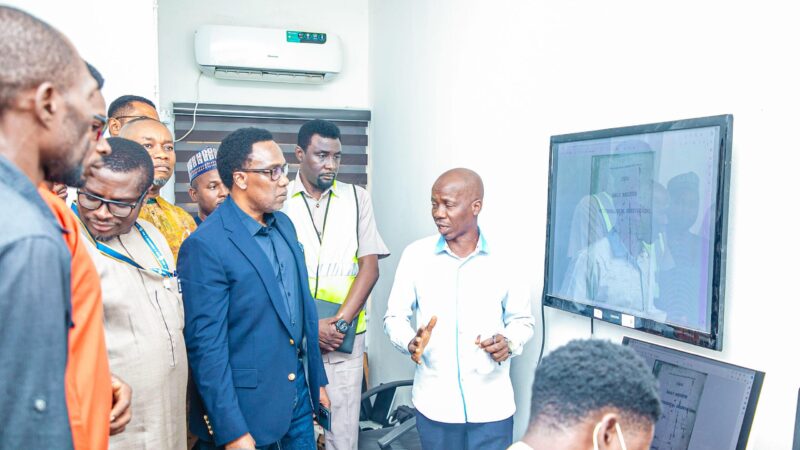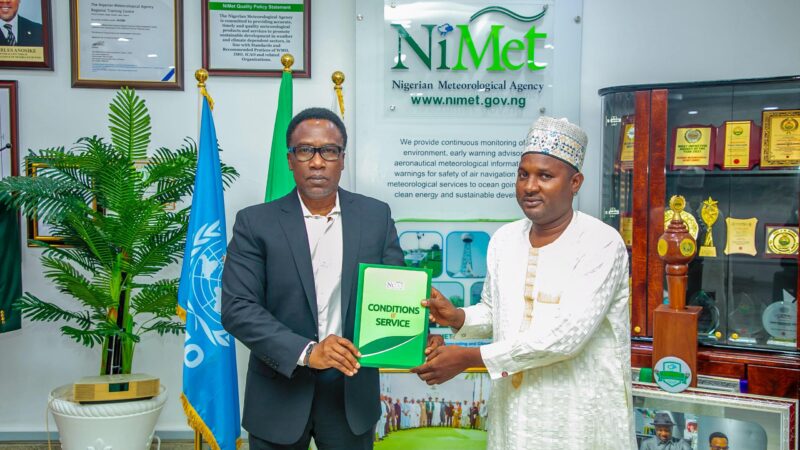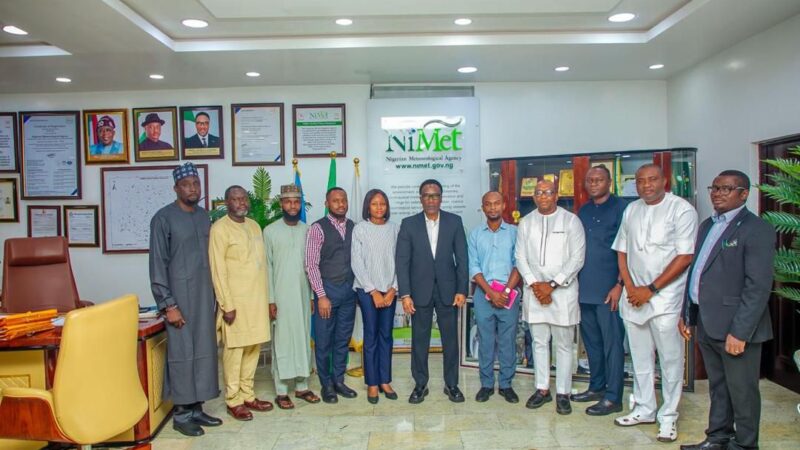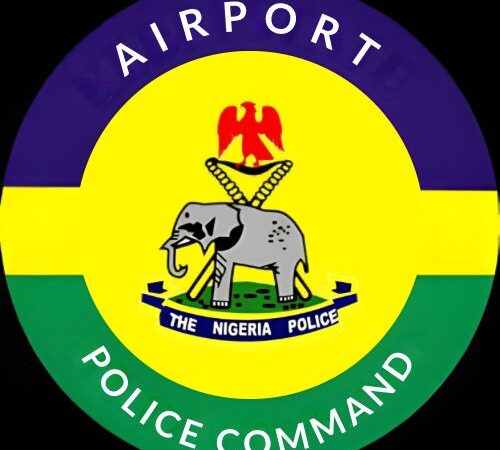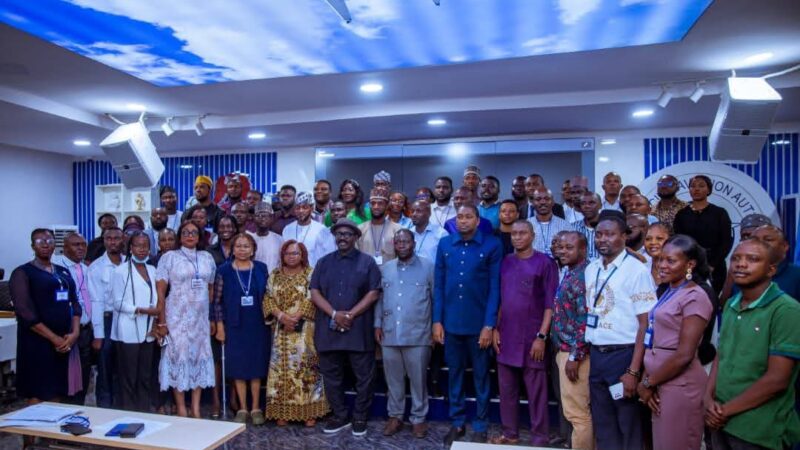Global Aviation Safety Gets Major Boost as ICAO, EUROCONTROL, and France Link Aircraft Distress Data to Unified Tracking System

In a landmark move to strengthen global aviation safety, the International Civil Aviation Organisation (ICAO), EUROCONTROL, and the French Mission Control Centre (MCC) have jointly announced a breakthrough integration that will allow real-time Autonomous Distress Tracking (ADT) data from aircraft worldwide to feed directly into the global Location of an Aircraft in Distress Repository (LADR).
The development, unveiled in a joint statement on Wednesday, represents a major stride in the international community’s capacity to track aircraft in distress, ensuring faster and more coordinated responses to aviation emergencies across the globe.
“We have achieved a significant step forward in strengthening the international community’s ability to track aircraft in distress and respond swiftly and effectively to emergency situations worldwide,” remarked ICAO Secretary General Juan Carlos Salazar.
The Location of an Aircraft in Distress Repository (LADR) – a secure, web-based platform – forms a critical part of ICAO’s Global Aeronautical Distress and Safety System (GADSS). Developed and hosted by EUROCONTROL on behalf of ICAO, LADR provides a centralised point of access for critical distress information from any aircraft, anywhere in the world.
Raúl Medina, Director General of EUROCONTROL, highlighted the transformative potential of the system, stating: “LADR provides a single point of access for information on aircraft in distress anywhere in the world and will make a real contribution to improving how the global aviation community manages these situations. It shows how global leadership and regional cooperation can help drive improvements in safety that will benefit aviation around the globe.”
Through the new technical link, accredited contributors can now submit and access the last known position data from suitably equipped aircraft. In the event of a distress situation – regardless of time or location – LADR will instantly alert relevant stakeholders, including aircraft operators, air navigation service providers, and search and rescue authorities.
The French Mission Control Centre, a cornerstone of the international Cospas-Sarsat satellite-based distress alert system, is playing a vital role in this integration.
The MCC coordinates distress alerts across Europe and beyond, and by feeding its data into LADR, operational stakeholders are now better positioned to initiate timely and effective search and rescue operations.
The French Civil Aviation Authority (DGAC) and the General Directorate of Maritime Affairs, Fisheries and Aquaculture (DGAMPA) provide overall direction and management for the MCC’s activities. Technical hosting and support are provided by the Centre National d’Études Spatiales (CNES) in Toulouse.
“France has always been a very active actor in the international Cospas-Sarsat Programme, in particular in its activities in support of GADSS, and the pioneering role played today by the FMCC is a fine illustration of this involvement,” said Bruno Chazal, France’s representative and Council Chair of Cospas-Sarsat (CNES).
This milestone reinforces the shared commitment of ICAO, EUROCONTROL, and France to strengthening global aviation safety mechanisms.
It marks an essential step toward the full implementation of ICAO’s GADSS framework, conceived in the aftermath of major aviation incidents to ensure that aircraft in distress can be rapidly located with precision – enabling quicker rescue efforts and saving lives.
As part of the ongoing development, the other five Mission Control Centres around the world will also be connected to LADR in due course, a move expected to heighten the system’s resilience and ensure uninterrupted global coverage.
Ultimately, this collaborative effort underscores how international partnerships and technological innovation can converge to make the skies safer for all – a vision that lies at the very heart of ICAO’s mission to achieve seamless global aviation safety and coordination.


